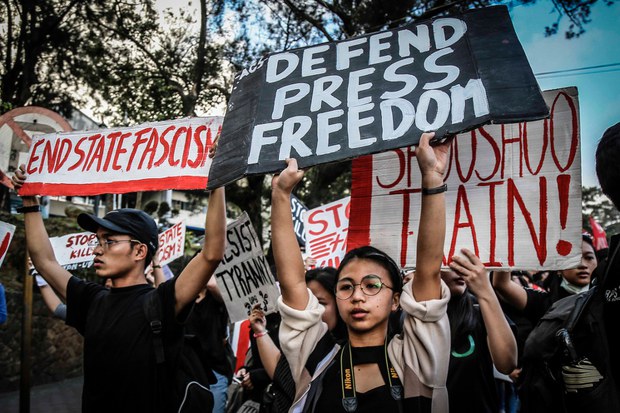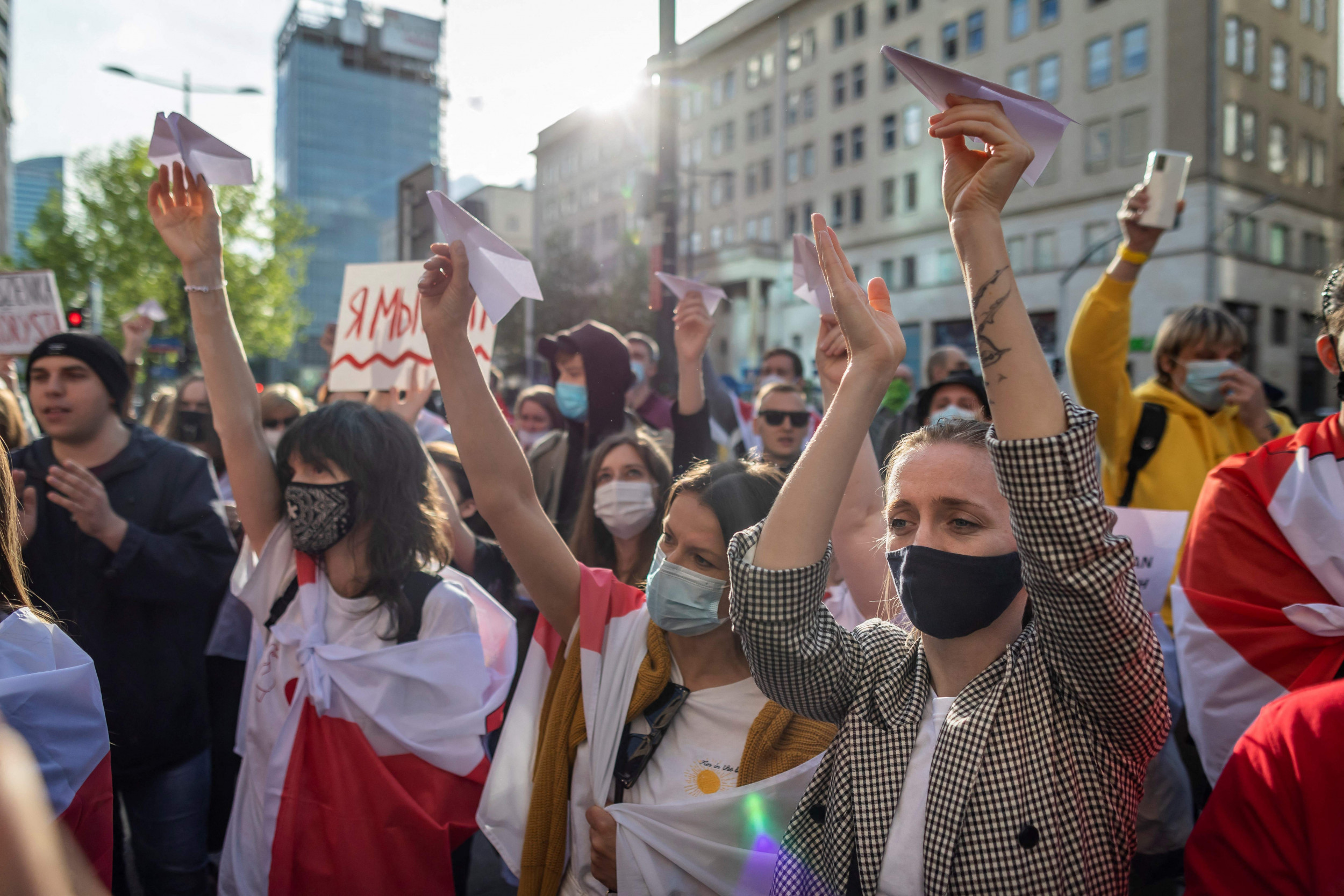
In recent years, the plight of exiled journalists and dissidents has garnered global attention as they face increasing threats to their safety, freedom, and lives. This article explores the critical issue of protecting exiled individuals who speak out against authoritarian regimes, the challenges they encounter, and the calls by rights groups for enhanced international protections.
Understanding the Plight of Exiled Journalists and Dissidents
Exiled journalists and dissidents are individuals who flee their home countries due to persecution, harassment, or threats of imprisonment for their reporting, activism, or political beliefs. They often seek refuge in other countries, hoping for safety and the freedom to continue their work or advocacy.
Challenges Faced by Exiled Individuals
- Threats and Intimidation: Exiled journalists and dissidents are frequently targeted by their home governments through harassment, surveillance, or even physical attacks abroad. These threats extend to their families and associates back home, creating a pervasive atmosphere of fear and insecurity.
- Legal and Administrative Hurdles: Many exiled individuals encounter legal and administrative challenges in their host countries, including difficulties in obtaining asylum, accessing healthcare, or securing stable employment. They may also face discrimination or hostility from local authorities or communities.
- Psychological Impact: The psychological toll of exile, compounded by trauma from past persecution and ongoing threats, can have profound effects on mental health and well-being. Support services for trauma and stress management are often limited or inaccessible.
International Advocacy and Rights Groups’ Initiatives
- Calls for Protection: Human rights organizations and advocacy groups have been vocal in demanding enhanced protections for exiled journalists and dissidents. They urge governments and international bodies to uphold asylum rights, prevent refoulement (forced return to danger), and ensure adequate support for those in exile.
- Legal Assistance and Advocacy: Rights groups provide legal assistance to exiled individuals seeking asylum and advocate for their rights at national and international levels. They work to raise awareness of their plight and press for policy changes to improve protections and support systems.
Government Responses and Policy Recommendations
- International Obligations: Governments are called upon to fulfill their international obligations under refugee law and human rights treaties, including the Universal Declaration of Human Rights and the Refugee Convention. This includes granting asylum to those fleeing persecution and ensuring their safety and dignity.
- Diplomatic Pressure: Diplomatic efforts are crucial in holding accountable countries that engage in harassment or intimidation of exiled journalists and dissidents. Multilateral forums and bilateral dialogues can be leveraged to address human rights abuses and seek assurances of protection.
Media and Public Awareness
- Role of Media: Media outlets play a vital role in amplifying the voices and stories of exiled journalists and dissidents, shedding light on their experiences and advocating for their protection. Journalism serves as a tool for accountability and raising public awareness about human rights abuses.
- Public Support: Public awareness and support are essential in advocating for the rights of exiled individuals. Civil society campaigns, petitions, and solidarity initiatives contribute to building momentum for policy change and fostering a culture of solidarity with those in exile.
Conclusion
In conclusion, the protection of exiled journalists and dissidents is a pressing human rights issue that demands urgent attention and concerted international action. As authoritarian regimes increasingly target voices of dissent beyond their borders, the need for robust protections, legal safeguards, and supportive environments for exiled individuals has never been more critical.

